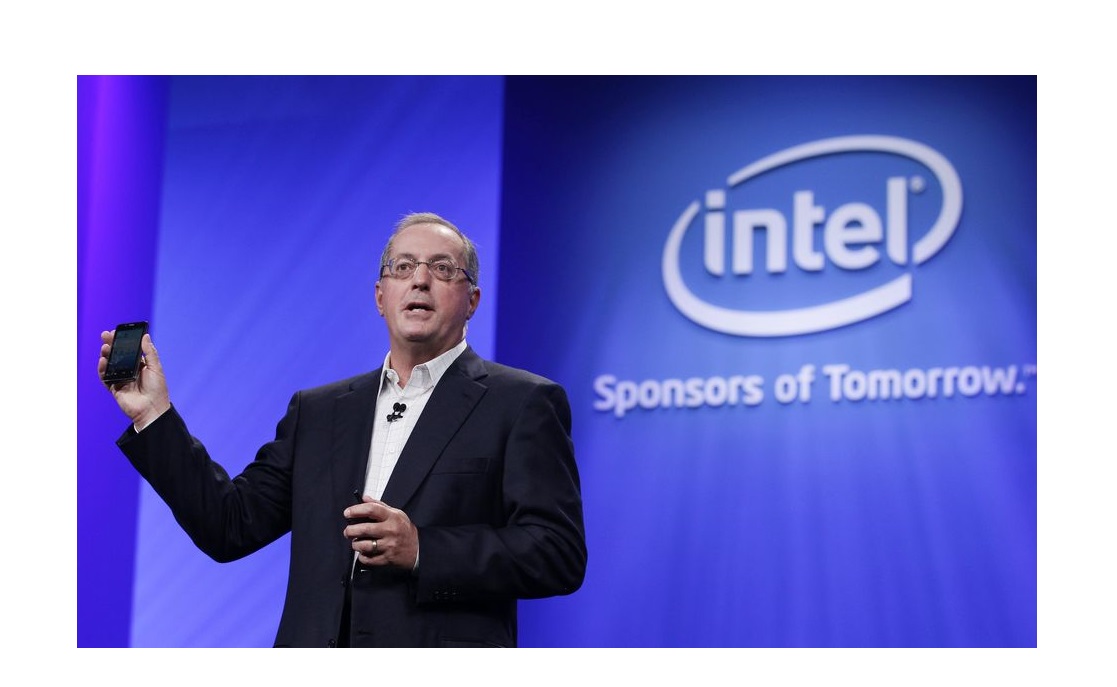
Paul Otellini has been associated with Intel since 1974 and after serving the company for such a long period the CEO has finally stepped down from his post on Thursday, May 16. Otellini became the CEO of Intel back in 2005 after serving the multinational corporation in different capacities. Under his supervision the US-based maker has done pretty well. In spite of this achievement, Otellini still feels sorry about how some events turned out and the former CEO of Intel said in his exist interview that he did not try hard enough to put his company’s chips in Apple‘s flagship device, the iPhone and subsequently iPads and iPod Touch.
The Atlantic reports that he says, “But, oh, what could have been! Even Otellini betrayed a profound sense of disappointment over a decision he made about a then-unreleased product that became the iPhone. Shortly after winning Apple’s Mac business, he decided against doing what it took to be the chip in Apple’s paradigm-shifting product.”
“We ended up not winning it or passing on it, depending on how you want to view it. And the world would have been a lot different if we’d done it,” Otellini said in a two-hour conversation during his last month at Intel. “The thing you have to remember is that this was before the iPhone was introduced and no one knew what the iPhone would do… At the end of the day, there was a chip that they were interested in that they wanted to pay a certain price for and not a nickel more and that price was below our forecasted cost. I couldn’t see it. It wasn’t one of these things you can make up on volume. And in hindsight, the forecasted cost was wrong and the volume was 100x what anyone thought.”
General perception is that if the former CEO of Intel would have made some serious efforts, he might have succeeded in putting the Intel chip in the iOS devices of Apple. However, it was not that simple to convince Apple, as the ARM chips that California-based company currently uses in its devices consumes less power as compared to the Intel chips, even to this day. Moreover, if Intel chips had been competitive for mobile devices, Android and Windows phones would have integrated them into their devices order to develop an advantage over Apple’s iPhone.
It is because of this very reason Apple and Steve Jobs did not compromise efficiency on just raw power and today their decision proved right, as iPhone and other iOS-based devices of the Cupertino-based company have won millions of hearts across the world with their rich features and outstanding performance.
Source: 9to5Mac
Photo: AJC